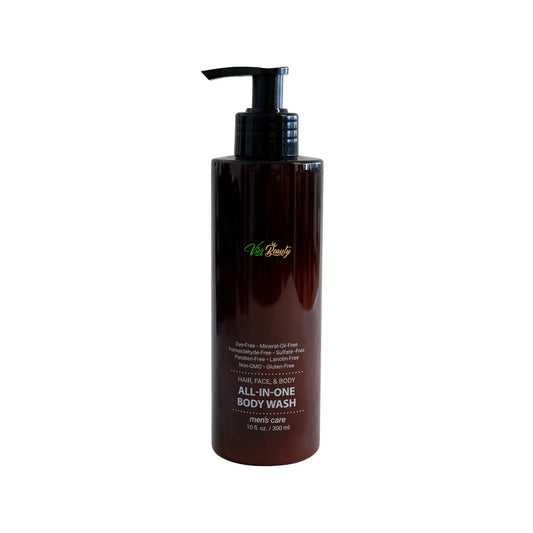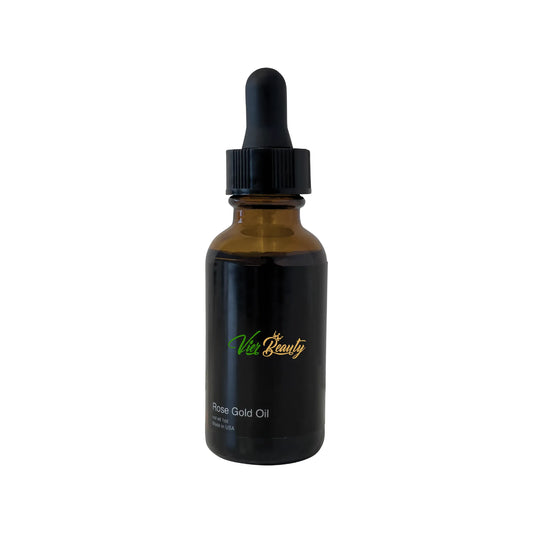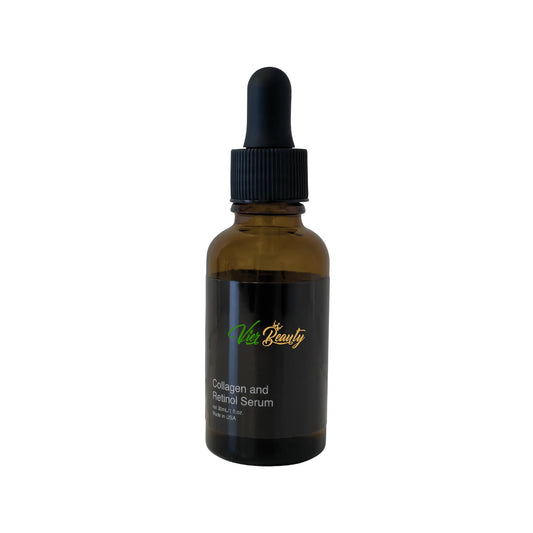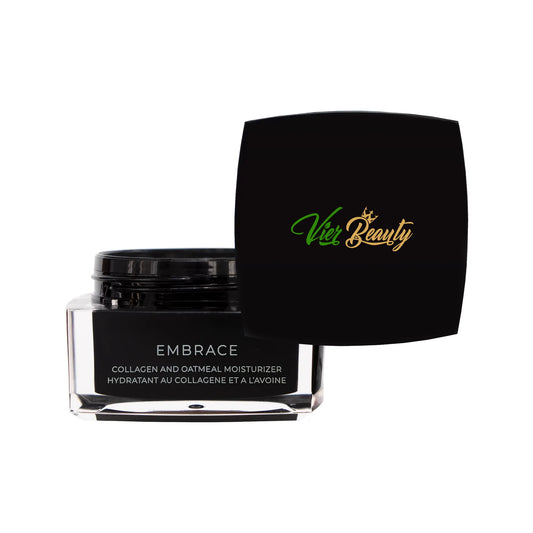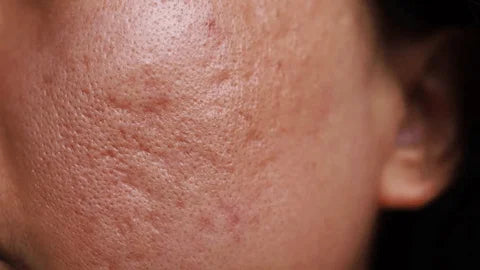
Do Acne Scars Go Away?
There is no doubt that acne is frustrating, but for many people, the marks it leaves behind can be even worse. If you’ve ever wondered if acne scars go away, you’re not the only one. The good news? Many acne scars can fade or disappear with enough time and the proper care.
In this post, we’ll break down the types of acne scars, what helps them go away, and how to care for your skin so you can regain your confidence.
What Are Acne Scars?
Acne scars form when blemishes damage the skin's deeper layers. This happens when inflammation triggers the skin’s healing response, leading to discoloration, texture changes, or permanent marks.
There are two main types of acne scars:
-
Atrophic scars: Indented scars that form below the skin’s surface. These include:
- Ice pick scars (deep and narrow)
- Boxcar scars (broad with sharp edges)
-
Rolling scars (wavy, uneven skin)
-
Post-inflammatory hyperpigmentation: These are dark spots or discoloration left behind after a breakout. These are not truly scars but are often referred to as them because they linger for a while.
Do Acne Scars Go Away on Their Own?
That depends on the type of scar. Here's a breakdown:
- Post-inflammatory hyperpigmentation often fades with time, it helps to use brightening ingredients and have consistent skincare.
- Mild atrophic scars may improve slightly, but they usually need targeted treatment to fade significantly.
- Severe or deep scars usually do not go away by themselves. They may require professional treatments such as microneedling, chemical peeling, or laser therapy.
How to Help Acne Scars Fade Faster
While time is a major factor in the healing process, there are many effective skincare strategies that can speed up the fading process and improve your skin’s appearance.
1. Gentle Cleansing
Using a gentle cleanser helps to keep pores clean while also preventing further breakouts that could worsen your scarring. Avoid any harsh scrubs that can irritate and inflame your skin.
2. Exfoliation
Chemical exfoliants such as glycolic acid or salicylic acid can remove dead skin cells and encourage skin turnover, slowly fading the discoloration and smoothing out any uneven texture.
3. Brightening Serums
Look for serums with ingredients such as vitamin C, niacinamide, or licorice root extract. These will help reduce dark spots and promote an even complexion.
4. Hydration and Moisture
Keeping your skin moisturized supports the healing process and lowers the appearance of any texture. A lightweight, non-comedogenic moisturizer is ideal for acne-prone skin.
5. Sun Protection

Sun exposure can darken scars and slow the healing process. Using a broad-spectrum sunscreen (SPF 30 or higher) every day will protect your skin and prevent hyperpigmentation from becoming worse.
Be Consistent and Patient
Getting acne scars to fade won’t happen overnight. It takes time, care, and the right ingredients. Results can vary based on your skin type, the severity of the scars, and the routine you have, but with patience and some persistence, significant improvements are very possible. So go out and get that glowing skin!





